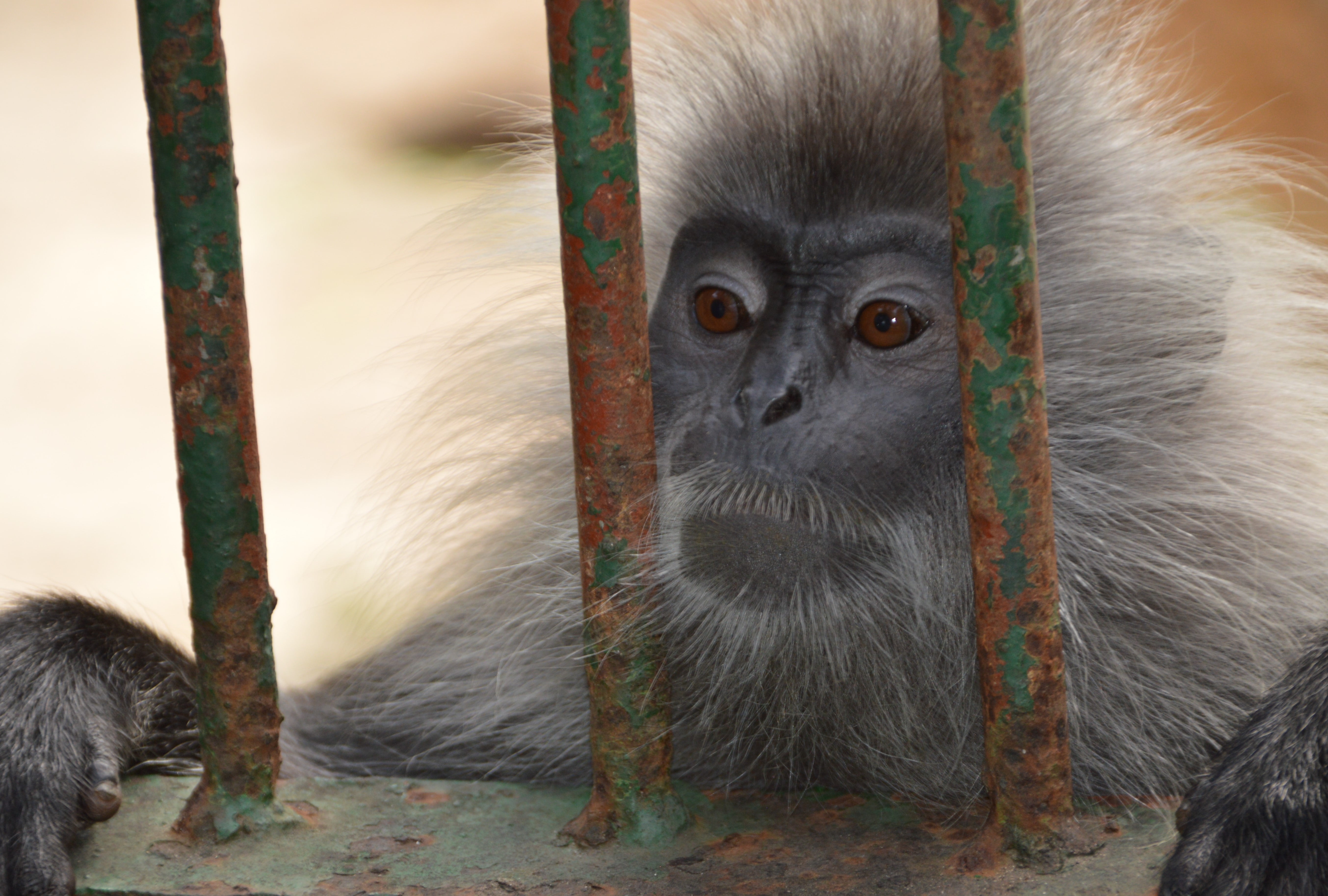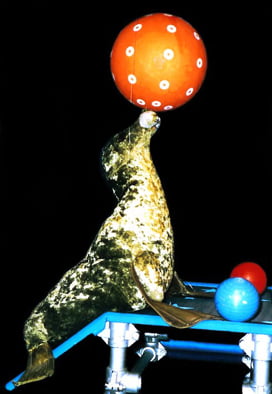POSITION STATEMENTS
Wild Welfare’s Position on the Key Welfare Issues Affecting Captive Wild Animals
Wild Welfare believes in a compassionate, empathy-based approach to animal welfare but always use scientific, evidence-based information to inform our training, resources and position on key animal welfare issues affecting captive wildlife around the world.
By the very nature of captivity, an animals’ welfare is directly and indirectly impacted by the choices we make when under human care. In recent years, significant strides have been made in animal biology and welfare-based science but unfortunately, practices in captivity can often lag behind this evidence, resulting in severely compromised welfare.
As part of our mission to end the suffering of captive wild animals around the world, we believe the public should be provided with unbiased scientific information so they can make informed choices when it comes to any activity that involves captive wildlife. As such we have provided, based on the latest evidence, our position on a number of issues including white tigers and lions, elephant riding, animal-visitor interactions and wild animals in circuses.

You can find our Position Statements on some of the most significant issues affecting wild animals living in captivity, below, we add to this page as we continue to develop further positions. For further information or for comment on a specific issue, please CONTACT US.

Animal-Visitor Interactions (AVIs)
Wild Welfare believes that zoos and aquariums should provide high standards of animal welfare in every aspect of their management. Such standards should encompass any form of Animal-Visitor Interaction (AVI), always giving due consideration to, and prioritisation of the animal’s welfare.
Download the full Animal-Visitor Interactions position statement below.
You can also access the joint study carried out between animal welfare organisation World Animal Protection, the School of Science and Environment at Manchester Metropolitan University and Wild Welfare, titled: A Global Review of Animal–Visitor Interactions in Modern Zoos and Aquariums and Their Implications for Wild Animal Welfare HERE.
Elephant Riding
Wild Welfare considers all elephants under human care should have the opportunity to live rewarding and rich lives that enable them to carry out a robust representation of natural behaviours, reflective of a species-appropriate activity budget and repertoire. We consider that situations in which elephants are ridden, for any purpose, severely compromise elephant welfare by limiting natural behaviours and socialisation, cause physical and psychological harm by requiring harsh, aversive training methodologies and equipment that causes physical wounding. Therefore, the riding of elephants should be stopped.
Download the full Elephant Riding position statement below.


White Lions and Tigers
Wild Welfare believes that unnatural colouration of individuals in captivity should not be intentionally bred due to potential welfare issues and the miseducation surrounding the use of white animals in captivity. White animals commonly seen in captivity include white tigers and white lions. Whilst captive facilities should ensure that current individuals carrying these recessive genes receive the best care possible, these should be the last atypical colour morphs to be seen ex situ.
Download the full White Lions and Tigers position statement below.
Wild Animals in Circuses
The use of animals in performance circuses can have a significant detrimental effect on captive wild animals, and Wild Welfare considers that the use of animals in circuses is not relevant, appropriate or educational in the modern era.
Download the full Wild Animals in Circuses position statement below.

